Fostering Happiness Habits in Your Teen [presentation] [video]
Scientific research has turned its focus on how happiness can be sustained and even increased. Research has confirmed that through intentional practices, we can actually change the neural pathways of our brain to become happier. In fact, only 10% of our happiness is due to our external circumstances and a full 90% is based on our inner environment! Learn how to foster happiness habits in your teen with Project Happiness Founder and CEO, Randy Taran. Read more ›
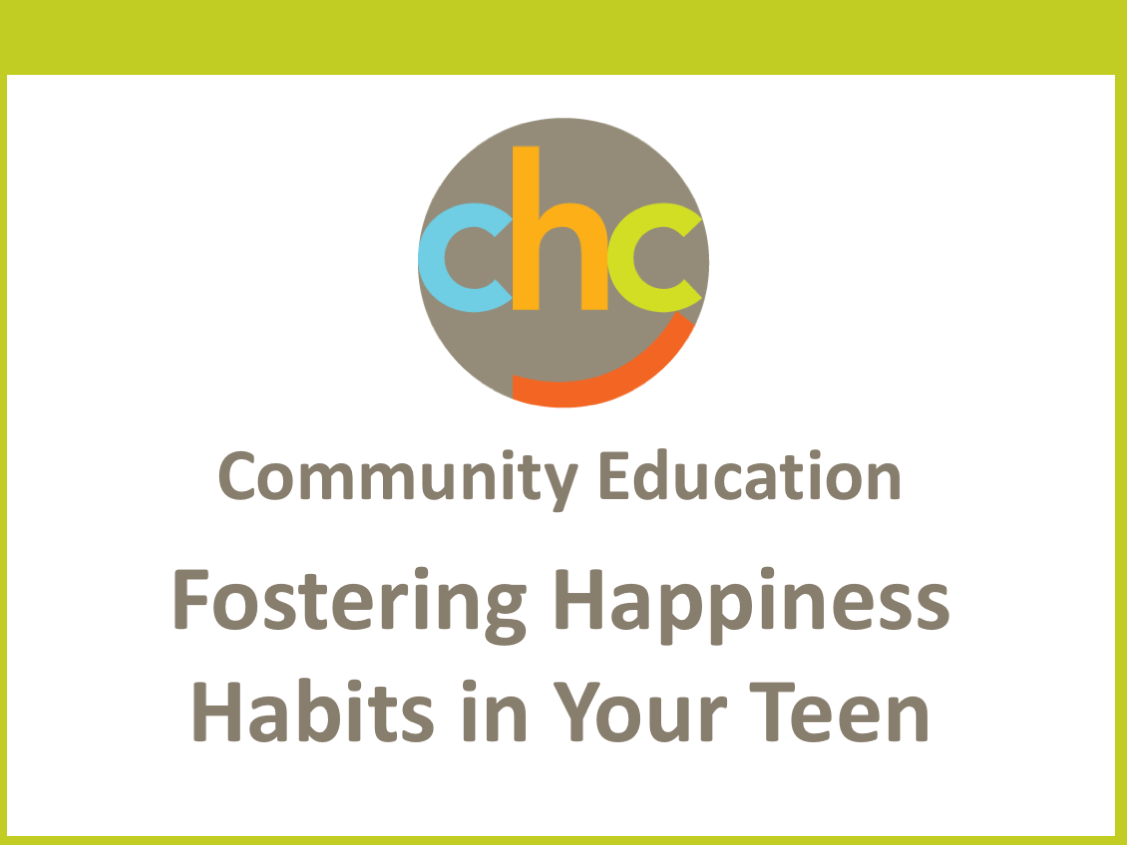

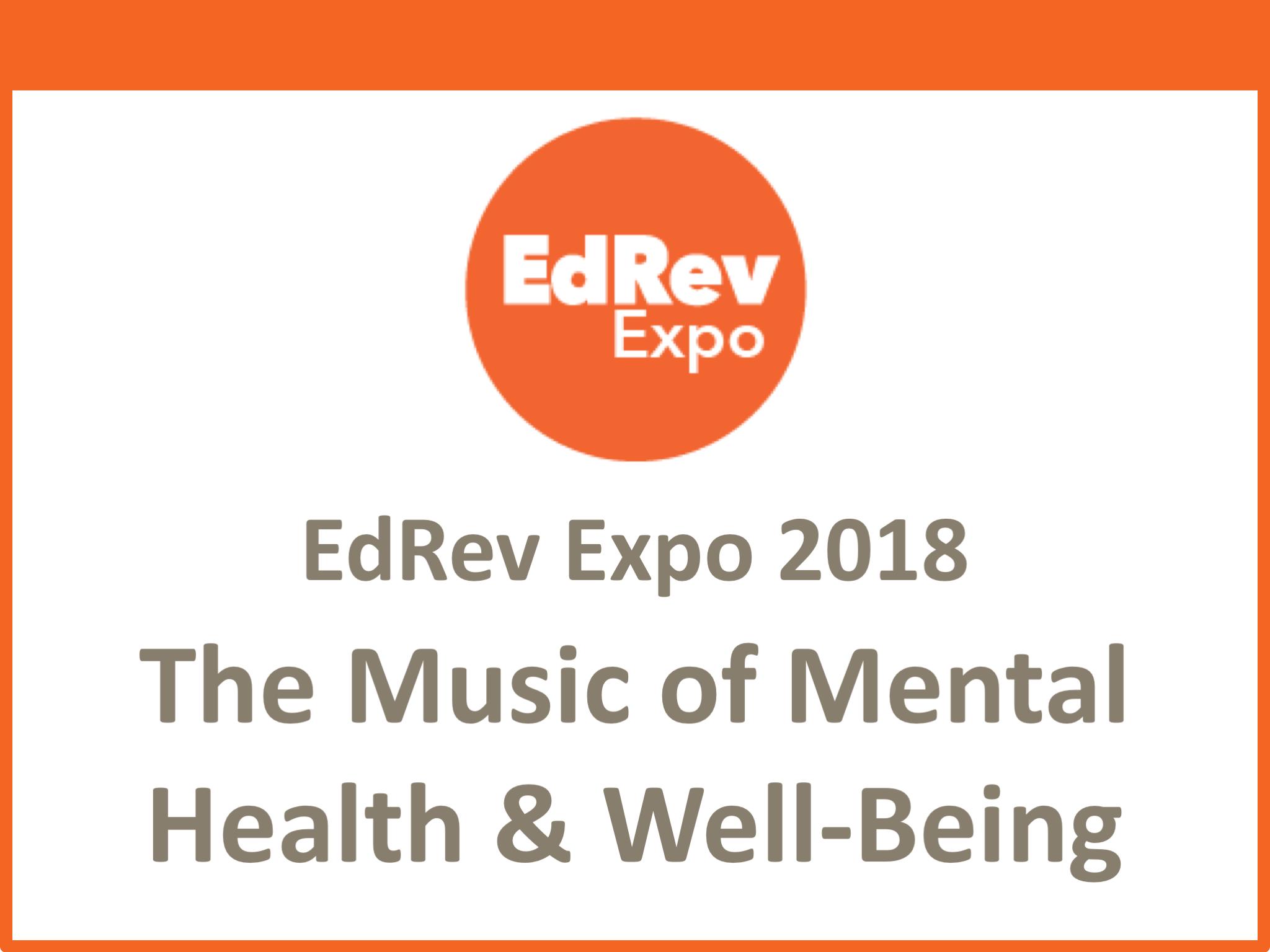
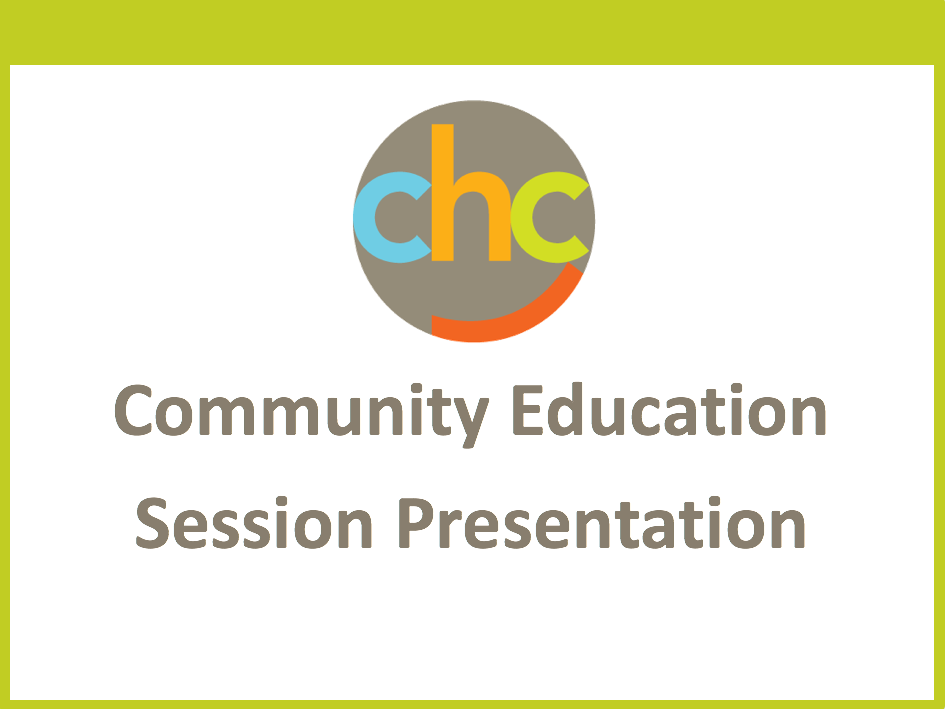
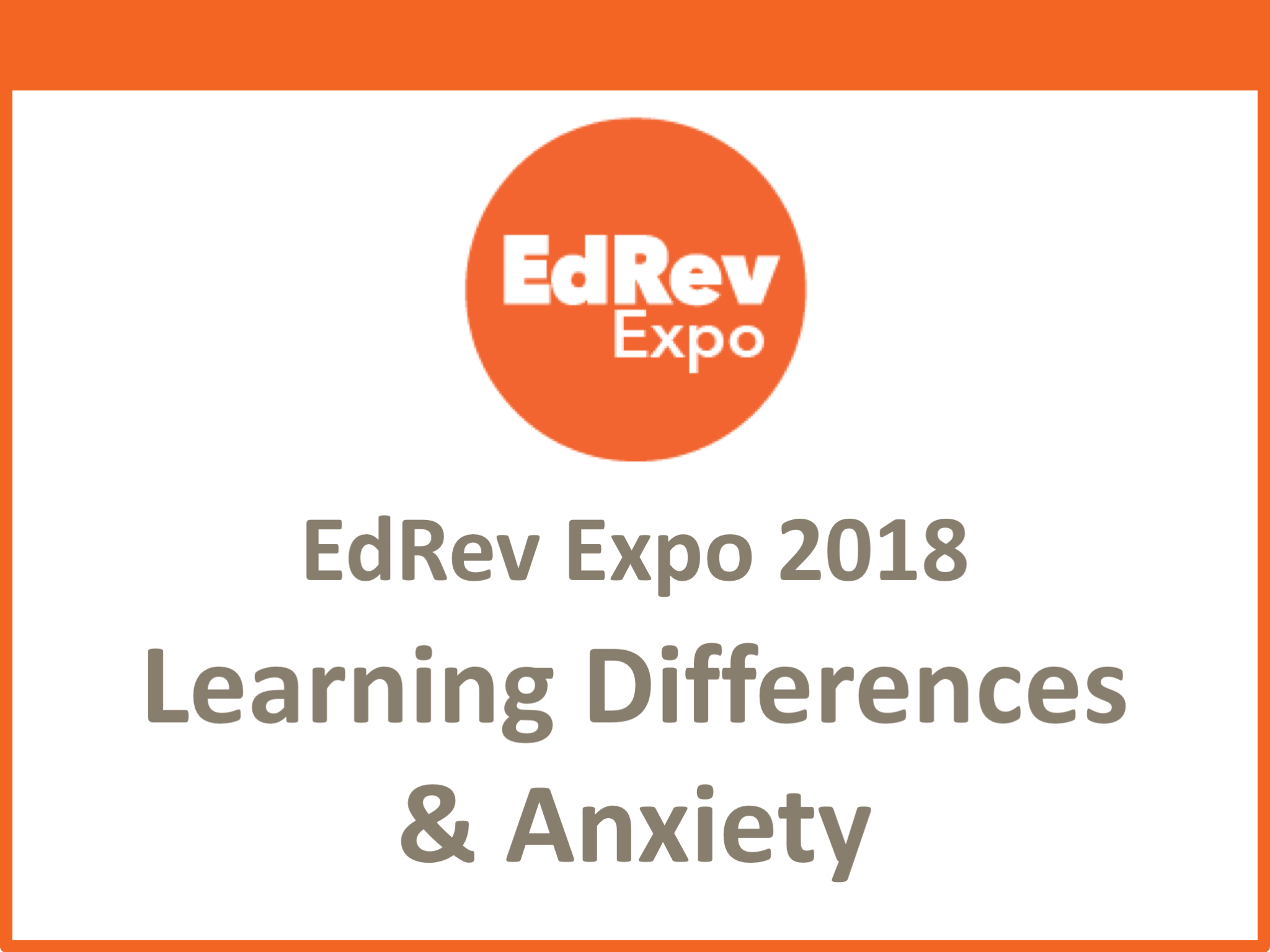
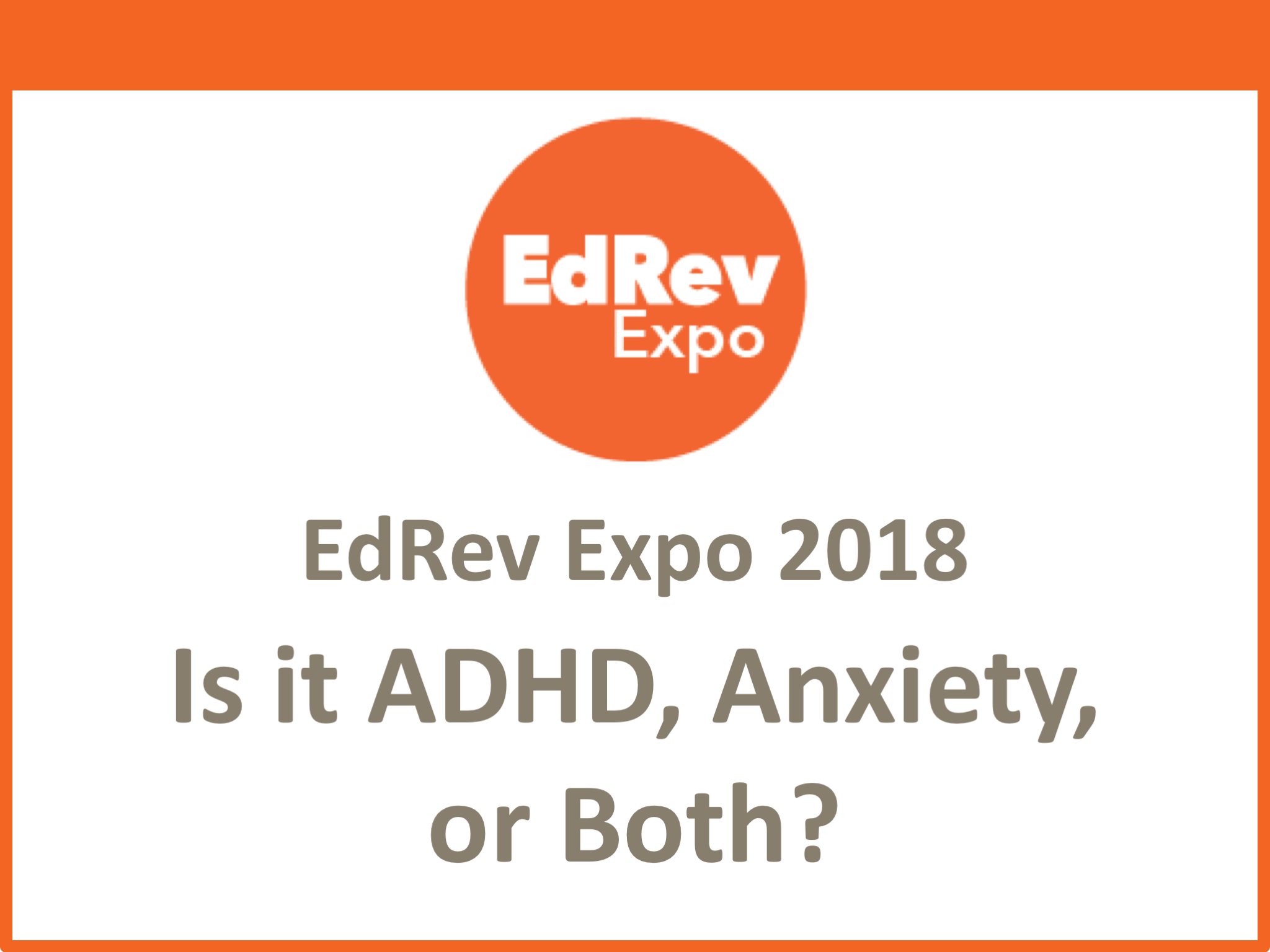

 Kidsdata.org
Kidsdata.org
 Founded in 2006,
Founded in 2006, 
 National data indicates that about one-third of teenagers will experience an anxiety disorder, with 8 percent seriously impaired. Research and anecdotal evidence suggest that these numbers, higher than in decades past, reflect a real increase, not just a rise in reporting.
National data indicates that about one-third of teenagers will experience an anxiety disorder, with 8 percent seriously impaired. Research and anecdotal evidence suggest that these numbers, higher than in decades past, reflect a real increase, not just a rise in reporting. 

